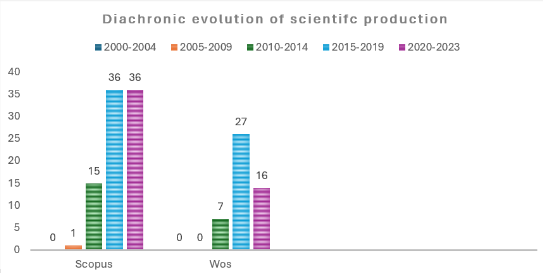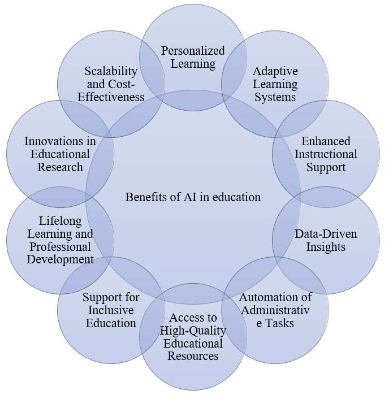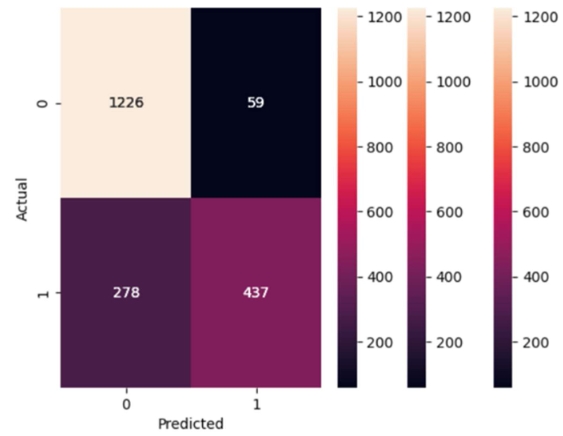Integration of curriculum for English-language educational program (ELEP) at maritime educational and training institutions (METIs)
Abstract
The current opinion article represents a set of recommendations and pieces of advice related to the development and integration of the curriculum of an English-language educational program (ELEP) at maritime education and training institutions (METIs). The title of the article implies integration of the curriculum of the educational program that would entirely be taught in the English language. In my opinion, such an educational program and its alumni would help METI meet the demands of the modern international maritime labour market. The paper could be interesting and useful for higher education institutions that are oriented on the complete transition of the educational process to an English-language educational program that would be delivered only in the English language. Nowadays there are a lot of educational institutions in the world where educational processes are mainly conducted in native language, and the recommendations given in the present opinion article could be applied by these institutions for the development of the curriculum of ELEP. Consideration of curriculum design is the main topic of the present paper that comprises the most significant issues and details of the topic.
References
[1]Mukherjee PK, Brownrigg M. Farthing on International Shipping. Springer Berlin Heidelberg; 2013. doi: 10.1007/978-3-642-34598-2
[2]Print M. Curriculum Development and Design. Allen & Unwin; 1993.
[3]Fisher D, Muirhead P. Practical Teaching Skills for Maritime Instructors. WMU Publications; 2013.
[4]International Association of Maritime Universities (IAMU). Global Maritime Professional Body of Knowledge 2019. International Association of Maritime Universities (IAMU); 2019.
[5]Markoe K. Beyond Technical Competence: What We Must Teach Our Students: The Role of the Humanities in Maritime Education and Training. IMLA20; 2012.
[6]Flin R, O’Connor P, Mearns K. Crew resource management: improving team work in high reliability industries. Team Performance Management: An International Journal. 2002; 8(3/4): 68–78. doi: 10.1108/13527590210433366
[7]International Maritime Organization (IMO). Maritime English: Model Course 3.17. International Maritime Organization (IMO); 2015.
[8]Gregory D, Shanahan P. The Human Element: A Guide to Human Behavior in the Shipping Industry. The Stationery Office (TSO); 2010
[9]Soto ST. An Analysis of Curriculum Development. Theory and Practice in Language Studies. 2015; 5(6): 1129. doi: 10.17507/tpls.0506.02
[10]Carson-Jackson J. A Simulation Instructor’s Handbook. Nautical Institute; 2010.
[11]International Maritime Organization. International Convention on Standards of Training, Certification and Watchkeeping for Seafarers, 1978. Available online: https://www.imo.org/en/OurWork/HumanElement/Pages/STCW-Convention.aspx (accessed on 2 May 2024).
[12]Emad G, Roth WM. Contradictions in the practices of training for and assessment of competency. Education + Training. 2008; 50(3): 260–272. doi: 10.1108/00400910810874026
[13]Davenport TH, Prusak L. Working knowledge, how organizations manage what they know. Ubiquity. 2000; 2000: 2. doi: 10.1145/347634.348775 50(3):
[14]Katz HJ, Frederick AM. Leaders Getting Different. OD Practitioner. 2014; 46(3).
[15]Michael B, Russel AE, Spector B. Why Change Programs Don’t Produce Change. Available online: https://hbr.org/1990/11/why-change-programs-dont-produce-change (accessed on 2 May 2024).
[16]Hodges S. The ISM Code and Law of Marine Insuarnce. Available online: https://www.nadr.co.uk/articles/published/shipping/ISMMarineInsurance.pdf (accessed on 18 March 2024).
[17]International Maritime Organization. ISM Code. International Maritime Organization; 2010.
Copyright (c) 2024 Anna Tenieshvili

This work is licensed under a Creative Commons Attribution 4.0 International License.









